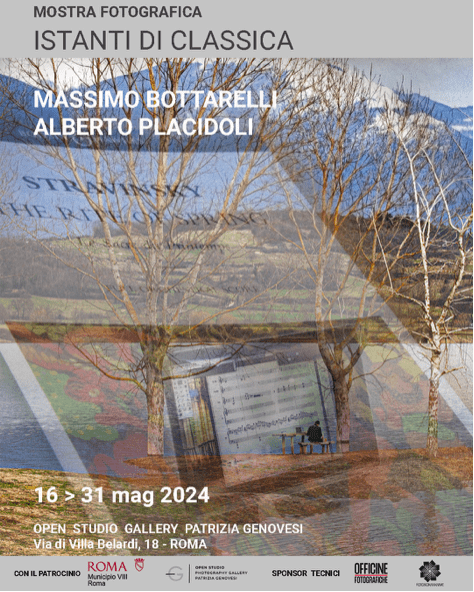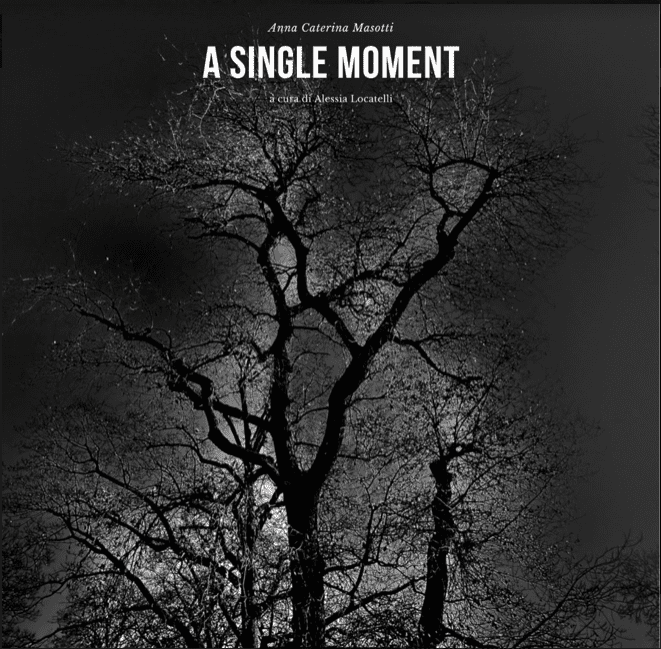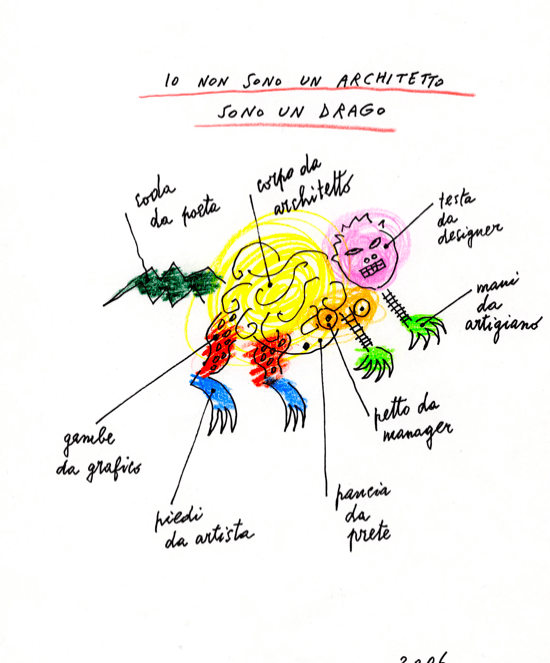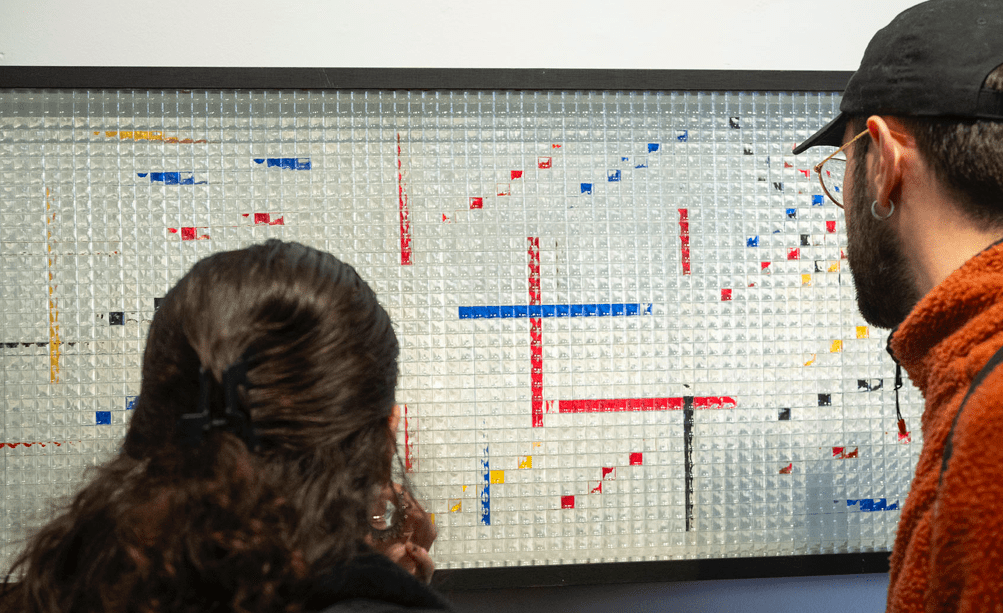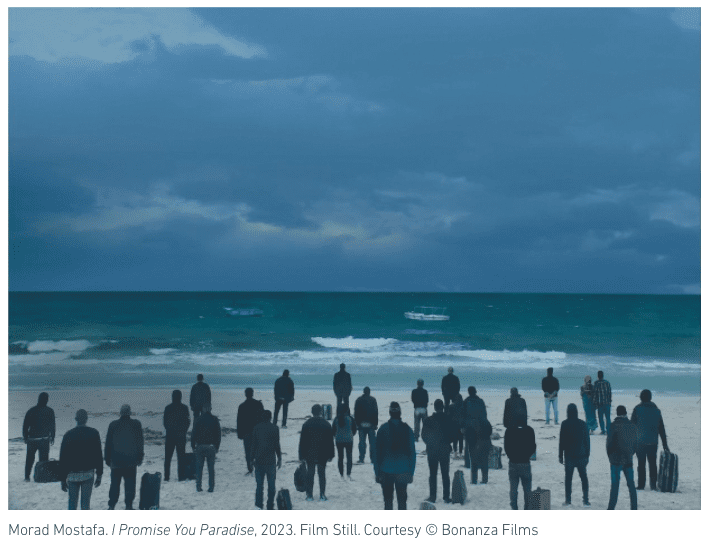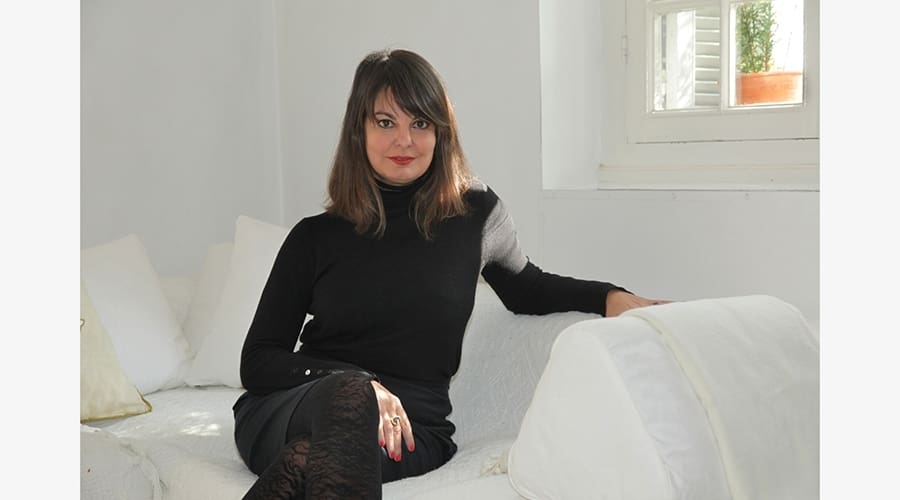
In 2017 documenta 14 will establish a second site — Athens, where it will be inaugurated in April – and two months later it will open in Kassel, the host of documenta since its inception in 1955. With this choice, Artistic Director Adam Szymczyk and his team, want to question the idea of documenta and Kassel in their role of hosts to artists and cultural practitioners from around the globe.
As part of the team that is organizing documenta 14, in the role of Head of Artistic Office in Athens, Marina Fokidis explained us a bit more what is the spirit that will drive the 2017 edition.
Mara Sartore – documenta 14 will have two locations: Kassel and Athens. It has been stated that: “this decision has to do with the current social and political situation both in Europe and globally, which motivates artistic action”*. Could you tell us how this will alter the visitors’ experience of Documenta and how artistic action can play a role in current social and political situation?
Marina Fokidis – I think it is too early in the process to speculate on how a model of sharing a mega exhibition between two locations – whilst maintaining a certain kind of autonomy and completeness in each of the two places – will alter the visitor’s experience. Similar can be said about the role of artistic action in the current socio-political situation at large. Generally speaking one cannot predefine – with words – the role of art in a society. It would equal canceling this very role. Yet, as we all know, this is something that does happen in various ways and sometimes quite essentially. If I may say so: The context of art has often been assuming the role of a prophetic discourse for a new era of political life (political after the term polis) that is yet to be determined – an era that does offer a genuine possibility for democracy.
A more precise hint to answer your question can be found Adam Szymczyk‘s “the two projects, realized in different ways while learning from their respective places and from each other, will form two pictures that could never be superimposed to form a single image. Nor will the two shows be possible to be grasp from a one vantage point. By asking Documenta visitors to take a similar route as its makers, and to take their time, allowing a break in visibility while journeying between the two locations, my hope is that the exhibition will again engage in a process of cultural transformation”.
MS – For documenta 14 the participating artists will be invited to think and produce“within the dynamic between these two cities”*. Could you explain better the meaning of this idea and tell us about the process and criteria of selecting these artists?
MF – This is a question that should be addressed to the Artistic Director ofdocumenta 14 at this stage. Of course, when dealing with such a complex task of sharing documenta14 between two specific locations, I feel that artistic research and criteria should be thoroughly developed. It’s a process that needs time and patience and lots of back and forth. Maybe the constant interchanging between the two cities, among other places, is a very interesting dynamic that will be producing unforeseen artistic results. Adam Szymczyk has been very generous by establishing a – not yet completed – fairly large team with whom he can discuss and reflect upon his ideas.
In his words “Documenta can only visit Athens as a guest, with all the limitations and possibilities such status implies. The exhibition will need thorough onsite research to forge connections, including political ones, and to find local allies willing to engage. The terms of invitation will have to be negotiated and forms of collaboration will need to be developed”.
MS – It has been made a parallel between Kassel in 1955 that embodied the trauma of destruction and Athens in 2014 as icon of European cultural and economical dilemmas. I feel this parallel more weak in compare to the one that puts Kassel and Athens as two poles of a tension between the North and the South: will Documenta help to eviscerate the week points in the European Union? Can art action help the dialog and, if yes, how?
MF – I would not agree that “trauma of destruction”, as well as the parallelism between a city that suffered the outcomes of war, and a city that suffers the outcomes of a sovereign crisis are weak comparisons. Of course one has to consider that in the context of an exhibition the cities and situations have also a symbolic meaning. They provide platforms from which the rest of the world can be addressed. The economical crisis has triggered a severe existential crisis, maybe the most severe after World War 2, demonstrating its full magnitude in Greece as we speak; possibly soon to be spread all over Europe.
In our consumption society between multiple parallel digital lives and hundreds of false paradises it is difficult to detect a situation like this. But numbers like a 407% up in suicide rate the last five years in Greece, homelessness, and unemployment, as well as the absence on any sense of solid hope for the future are not exactly uplifting. This is what reality looks like, maybe dressed in a colorful coat.
Yet, I believe people here have been trying their best not to loose dignity and stamina, despite the fact that few can even pay their rent at this point. People here might not want to be neither the “black sheep”, nor the “demanding child” of Europe. This is why one can find few new alternative ways in Greece. The energetic art scene that emerged during the last years, in terms of new synergies and actions and institutions (not even institutional as such) is a kind of proof for that. The positive issue is that Greece, (maybe even Europe as a whole) is undergoing a certain kind of “forced” transition to adulthood. Nevertheless, balancing at this stage is quite tough. Swimming in deep waters without having sight of the land you left behind nor of the land you aim to arrive at,– beautifully described by philosopher Michel Serres in his book Les Temps de Crises – is a difficult call. But this is what is essential now for a future based on democratic ideals.
In my view Szymczyk‘s decision to make these connections is quite brave and focused on the current affairs. It is for sure not just a decision that contributes to the methodological shaping of maga-shows in the future. Now, the North-and-South-polarization and “forced” tension within the European Union, is also a symptom or a side effect of the world’s economic crisis, the crisis of capitalism in its current state. North-South-friction, as real as it is, can also be an ideological construction. Everything is more “southern” or “northern” than something else and reflect a large spectrum of diverse cultural political or social characteristics on each respective sides. Yet, one could say that fresh, additional networks are being at quest and the idea of a symbolic “South” with “shared intensities”, can also serve towards the initiation of different discussions.
The idea of Szymczyk to share documenta 14 between the so called “North” and “South” – acknowledging all political, social and cultural implications – seems to be the most accurate answer towards this dialogue.
MS – Is there any chance, now that Athens will host the most important international art exhibition, to redeem Mediterranean life style and culture in the eyes of northern Europe? Is there any chance for cultural difference to become a new territory for respect and dialogue?
MF – It might be wise to first establish a common understanding of what “Mediterranean life style and culture” means. Does it even exist ? Or can it be defined? And if so, on what terms – without reinforcing dangerous clichés? The Mediterranean is a very troubled and precarious area at the moment. Parallel to local and international tourism who indulge into the blue waters, and the fresh fish in the quest for a calm break from life.
Two and a half years ago when we initiated the magazine called South as a State of Mind we caught ourselves in a similar discussion, and tried to reflect on characteristics of a style attached to a set of specific locations. We acknowledged of course that this is a task which is as much inclusive as it is exclusive, but nevertheless wanted to start off a metaphor. A metaphor though, (which in Greek also means “transport”) that translates both ways. One solution we came up with at that point, was to built upon these very clichés that were being repeated and reproduced in the media – to start a constructive dialogue.
Possessed by a spirit of absurd authority, as noted in our mission statement, we tried to contaminate the prevailing culture with ideas that derive from southern mythologies such as the ‘perfect climate’, ‘easy living’, ‘chaos’, ‘corruption’, and the ‘dramatic temperament’, among others. Of course the idea was to renegotiate the southern attitude (as formed in the global imagination) partly to re-define it and partly to re-invent it, within the post-crisis world, and to provoke a number of unexpected reactions.
Does the “Mediterranean style” as an entity need or want to be redeemed? That I don’t know. I feel though that collectivity, respect, togetherness on a human level before anything else, is key for entering the difference. I believe that the organic coexistence with a great exhibition like documenta will yield Athens a certain kind of visibility which goes beyond clichés. Maybe documenta 14 will shed some light on the grey space between the Parthenon and the Port of Piraeus that lead to the beautiful islands. And this might be the way for a mutual understanding of diversity or styles.
In Szymczyk‘s words, documenta 14 might become a lesson in breaching the normative economic, political, and geographic divisions, and attempting a shared experience mediated by culture and, more specifically, the contemporary art exhibition. Athens stands metonymically for that “rest” of the world that has not become (and could not yet become) a part of documenta in a proper sense, due to lacking privileges.
Marina Fokidis is a curator and writer based in Athens, founding and artistic director of Kunsthalle Athena, and founding and editorial director of the biannual arts and culture publication South as a State of Mind. She was curator of the 3rd Thessaloniki Biennale for Contemporary Art (2011), the commissioner and curator of the Greek Pavilion at the 51st Venice Biennale (2003) and will be Head of Artistic Office in Athens for documenta 14.
*(Quote from the communication sent to the press following the symposium titled “documenta 14, Kassel: Learning from Athens”)
- Web:
Documenta 14 - Photo credits:
Photo by Kostas Katsigiannis

